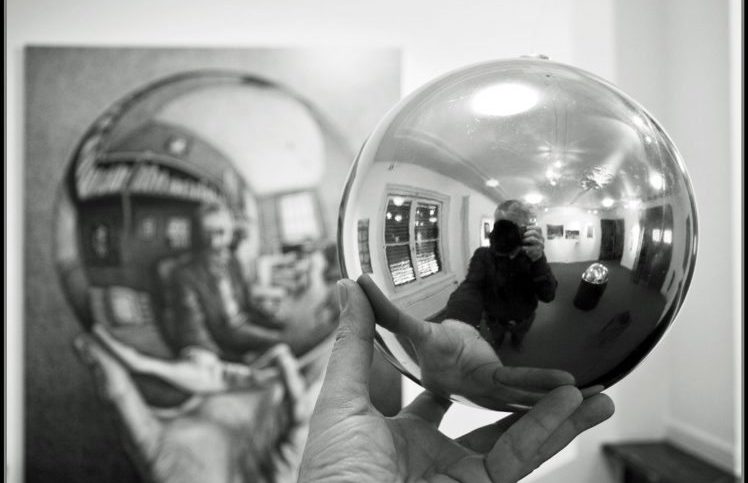By the time we reach early adulthood, we often live a well-worn cycle of pain and penance. For some people, life is an endless cesspool of painful emotion. The degree of conflict between our own personal values and our perceived expectations of others and the culture in which we live is directly correlated to quality of life. The greater the conflict, the lower the quality. The consequence of this conflict is intense unhappiness. This psychological and emotional baggage shapes the choices we make in our daily lives, limiting our options and driving us to act in ways we don’t fully understand.
Identification with social and cultural norms begins with the family of origin, a reflection of society on a micro level. Expectations in our families are internalized as rules and carry emotional messages. Eventually, our behaviour is governed by the need to try to prevent others from being disappointed with us, or angry, or in some other way unhappy. We become emotionally-driven to conform to the expectations of others.
Newsflash: It is impossible to live by someone else’s rules.
Yet, we try.
We experience feelings of shame and a sense of guilt when we break these internalized rules. Shame is about conforming; social conformity. People belong to groups which create an identity where socialization ~ ‘To belong, you must be like us’ ~ takes the form of internalizing the values of the group, thus identifying an individual with a larger ‘tribe.’ The consequence of this conditioning is a sense of being “less than” when we fail in some way to keep those values as expected. Guilt, on the other hand, is a legal term. One is either guilty, or not. The rule of law says “This is true, that is false.” An individual’s conscience is the operation of moral law – “this is right, that is wrong.” Guilt is a fact, not a feeling. We constantly judge ourselves against the “measuring stick” of society’s rules… even if our own internal values are in conflict with those rules. We then beat ourselves up mentally and emotionally for failing to meet others’ expectations, believing this failure reflects on our worth as human beings. We then say things to ourselves that no one else EVER would say. The sad part is, we believe our own self-talk. To a greater or lesser degree, we all do this. We fear the judgment of others, but totally overlook how harshly we judge ourselves.
When we stop judging ourselves we also stop judging, and the beautiful bonus? We no longer fear the judgment of others. What others think of us is no longer entwined with our sense of self-worth. This stops the pain/penance cycle and quality of life goes up. Way up.
Try implementing these suggestions…
- Accept yourself, as you are. This does not imply stagnation or apathy, but rather the reality that you are a work in progress.
- Refuse to say anything to yourself that another would never ever say to you.
- Take nothing personally. The expectations of others belong to them, not you.
- Stop investing more in others than you invest in yourself.
- Learn to say no without explaining. Practice. Say no to one person everyday, just because you can.
- Remind yourself that you don’t have to do what everyone else is doing.
- Plan to break an unwritten rule every day.
- Divorce yourself from public opinion. (It doesn’t matter what others are doing. It matters what YOU are doing.)
Take note when the internal emotional response makes it difficult to follow through and try to identify the rule being ‘broken.’ Keep breaking it until the negative emotional response vanishes. Be consistent. It will happen.
When there is no critic within, the critics without have no power.
Follow @DrSusannah on Twitter and Instagram. Image Courtesy of Bert Kaufmann from flicker.











